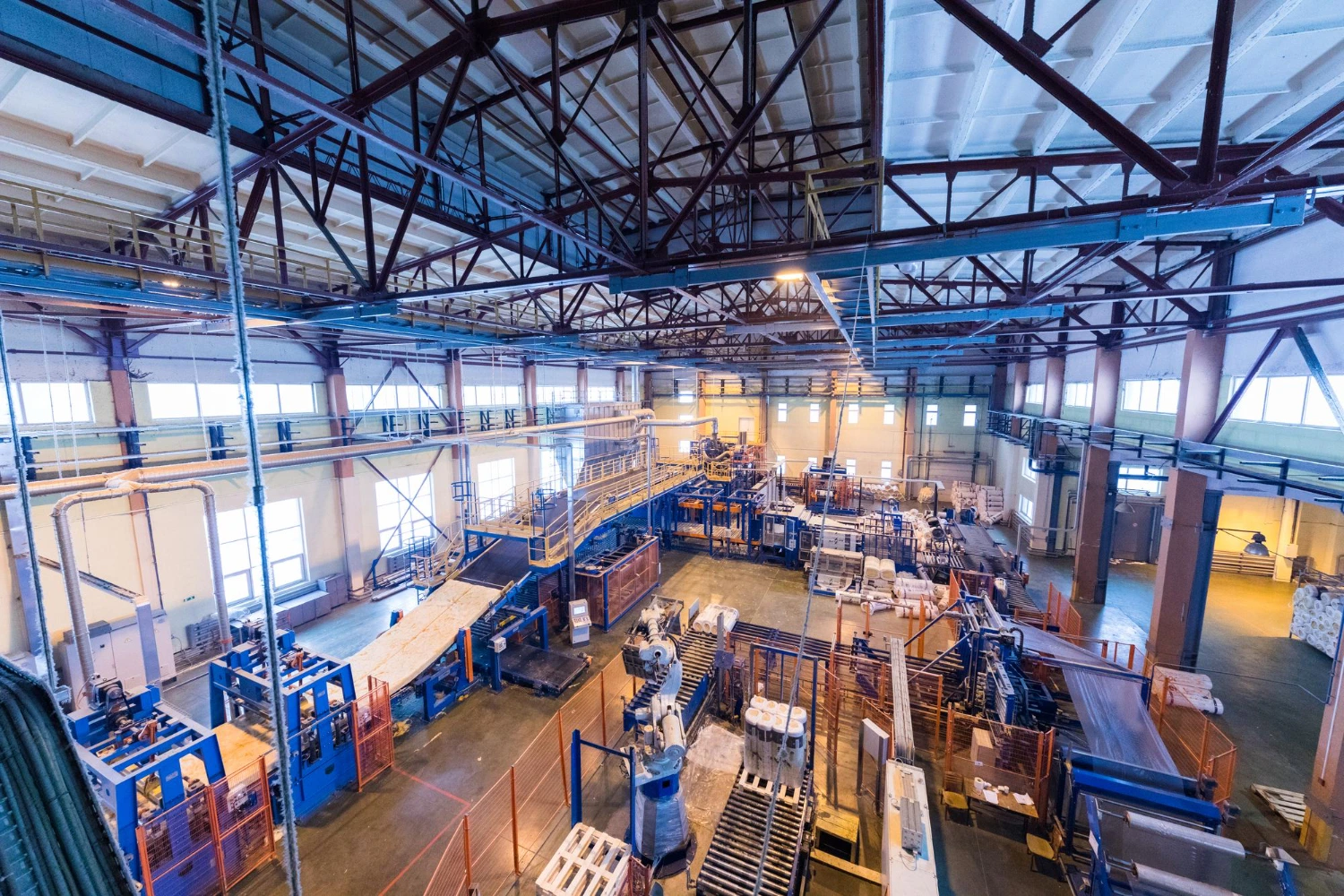Who Needs Freight Brokerage Services? Industries That Benefit the Most

Freight brokerage services become vital to any industry that needs to move goods from one place to another, anywhere around the globe. Freight brokers are third-party providers that work as intermediaries between shippers and carriers and hence optimize logistics, reduce costs, and smoothen operations for shipment. While almost every industry in one way or another depends on freight, several industries with huge logistics and volume requirements rely a great deal on freight brokers. These are the industries where freight brokers most help and add value to the success of businesses. Let's take a deeper dive into what they are and how they work.
What Are Freight Brokerage Services, and How Do They Work?
Freight brokers act as intermediaries between shippers and carriers, such as trucking companies and independent drivers. They themselves do not own trucks or warehouses but instead use their network, technology, and expertise to "sell" shipments to carriers. Freight brokers negotiate rates, manage the logistics, and handle the coordination of efficiently moving the goods so that businesses can stay focused on their core operations.
Industries That Most Require Freight Brokerage Services
1. E-Commerce: The Growing Giant
E-commerce suddenly exploded onto the scene, bringing sudden and rapid changes to the landscape of logistics. It is now dictating retail-and placing high volumes of pressure on businesses for timely, efficient, and cost-effective means of delivering goods.
Why Freight Brokers Are Key:
1. Brokers lock in capacity ahead of Black Friday and holidays when the need for shipping goes through the roof.
2. They optimize last-mile delivery for on-time arrival for get-it-now consumers.
3. Freight brokers help e-commerce retailers manage returns, which have grown into a big headache across the industry. A telling statistic that speaks to their impact: U.S. e-commerce grew 15.1% in 2023; the projected 2027 US e-commerce market value is $1.6 trillion according to U.S. Census Bureau.
2. Manufacturing: The Lifeblood of World Trade
The manufacturing industry produces goods that must be moved either to warehouses, retailers, or directly to the customer. This scale and complexity of moving raw materials, components, and finished goods make freight brokers a very important partner.
Why Freight Brokers Are Important:
1. The freight broker organizes multiple shipments efficiently, ensuring a continuous supply chain without disruption.
2. They match manufacturers with carriers that are equipped to handle oversized loads, raw materials, or time-sensitive goods.
3. Manufacturing shipments in the U.S. are over 11 billion tons annually, showing how much the industry relies on logistics according to National Association of Manufacturers.
3. Retail: Meeting Consumer Expectations
Despite the growth of e-commerce, traditional retail and big-box stores still rule the supply chains. Freight brokers help ensure the shelves are stocked and inventory moves along.
Why Freight Brokers Are Vital:
1. Retailers depend on freight brokers to secure capacity during peak seasons and special promotions.
2. It consolidates shipments and negotiates competitive rates to contain costs while meeting very strict timelines for delivery.
4. Agriculture: The Race Against Time
Agricultural transport has peculiar issues, such as perishability, which demands more specialized equipment than other goods. However, freight brokers overcome these issues without hassle.
Why Freight Brokers Are Vital:
1. They match shippers with refrigerated truck (reefer) carriers for fresh produce, dairy products, and meats.
2. Seasonal surges managed by freight brokers ensure that agriculture gets to the market at the right time and in freshness.
3. The U.S. agriculture sector ships more than $150 billion in goods every year according to USDA.
5. Construction: Moving Heavy and Oversized Loads
From raw materials to heavy machinery, the construction industry needs efficient transportation that keeps projects on schedule.
Why Freight Brokers Are Important:
1. Brokers can provide access to specialized equipment for oversized loads, including flatbeds, step decks, and lowboys.
2. They make sure that all permits and regulations regarding the transportation of large and heavy equipment are followed.
How Freight Brokers Support These Industries
Cost Efficiency: The freight brokers use their wide networks to negotiate competitive rates on behalf of the industries and help reduce the cost of transportation.
Access to Capacity: Brokers make available a wide array of carriers and equipment, making sure that businesses can meet any peculiar shipping requirements.
Flexibility: By offering scalable solutions, freight brokers enable industries to respond to seasonal surges, market fluctuations, and ever-changing customer demands.
Simplified Operations: With brokers handling the logistics, businesses can focus on their core objectives, leaving the challenges of transportation to the experts.
E-Commerce and Freight Brokerage: A Perfect Match
E-commerce is changing the face of logistics, focusing on speed, efficiency, and flexibility. The need for speedy deliveries and smooth returns has brought a whole new level of complexity to supply chains.
Last-Mile Challenges:
1. Freight brokers help e-commerce companies in streamlining the last mile-the most expensive and time-consuming part of delivery.
2. Return management is very essential in e-commerce, and the brokers make it smooth by filling return loads and hence reducing empty miles.
Global Reach:
Many e-commerce companies serve international customers. Here, freight brokers can speed up the customs formalities and manage cross-border transportation.
Freight Broker as a Strategic Partner
From e-commerce giants to agriculture suppliers, freight brokers play an indispensable role in industries that require efficient and cost-effective logistics. They can give a connection for shippers and carriers, manage complex transportation needs, and adapt to market trends to make them indispensable players in modern supply chains.
As industries continue to evolve, the importance of the freight broker's role is set to increase, affording businesses the much-needed agility and expertise to remain competitive.
 29 Sep 2025
29 Sep 2025
The future of logistics automation: AI, Tracking & predictive analytics
The logistics industry is undergoing a technological transformation. Supply chains are becoming more complex, while customers demand speed, accuracy,…
Read More 24 Sep 2025
24 Sep 2025
Transparency in logistics = Customer trust
In logistics, speed and accuracy of delivery are essential. But today, customers expect more: they want full transparency at every stage of transport…
Read More 22 Sep 2025
22 Sep 2025
5 Steps to building a reliable supply chain in the USA
A reliable supply chain is the foundation of a stable business. In today’s world of constant market changes, global challenges, and seasonal fl…
Read More